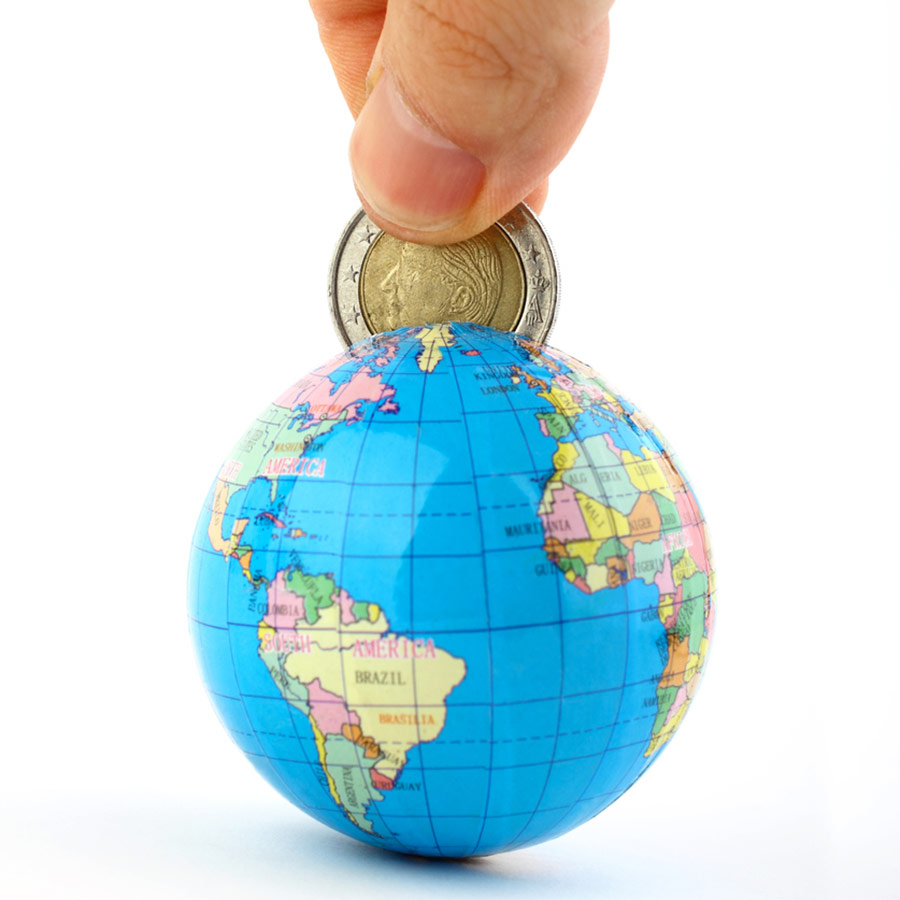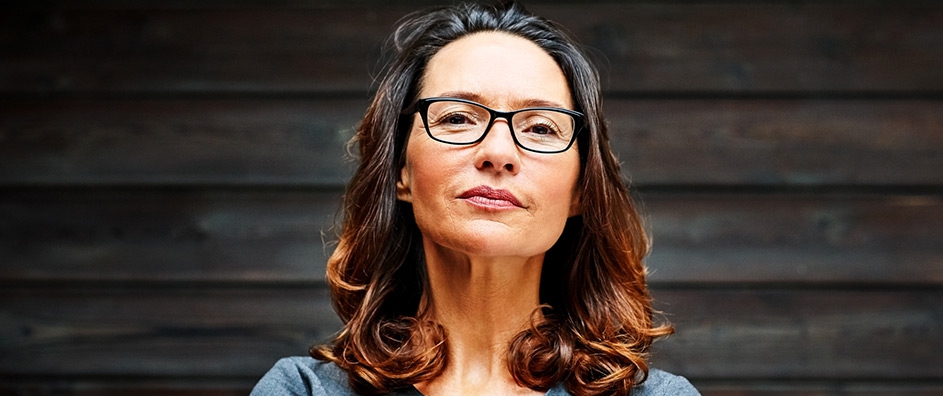The views expressed in our content reflect individual perspectives and do not represent the authoritative views of the Baha'i Faith.
Do we have to justify our spending to anyone? Most people would answer “No—my money is mine, I earned it, and I can spend it any way I want!”
Some of those people consider themselves hedonists, a school of thought which argues that pleasure and happiness are the primary or most important intrinsic goods and the proper aim of human life. Hedonists strive to maximize net pleasure, so for them spending any amount of money in the pursuit of pleasure would seem justifiable.
Entire life philosophies have been built around this idea, including one called ethical hedonism—the idea that all people have the right to do everything in their power to achieve the greatest amount of pleasure possible. Ethical hedonism maintains that every person’s pleasure should far surpass their amount of pain. Started by Aristippus of Cyrene, a student of Socrates, ethical hedonists hold the idea that pleasure constitutes the highest good.
The Baha’i teachings look at life differently. Rather than living solely to maximize our own pleasure, Baha’is try their best to love the Creator, seek God’s pleasure, and therefore love His creation—humanity. Instead of focusing solely on personal pleasure, the Baha’i writings say, we should turn away from ourselves and focus on a higher purpose:
If thou lovest Me, turn away from thyself; and if thou seekest My pleasure, regard not thine own; that thou mayest die in Me and I may eternally live in thee. – Baha’u’llah, The Hidden Words, p. 5.
 So try this: take a look at your personal spending in that light.
So try this: take a look at your personal spending in that light.
In one way, our spending reflects our values. “You are what you buy,” as one writer put it. If you spend primarily on yourself and your own pleasure, it may indicate a lack of empathy for or awareness of the needs of other people.
On the other hand, if most of your spending goes to help others, it is obvious that you have come to recognize the extreme poverty in the world, and the fact that not much has been done to remedy it. If you’re fully aware of the great poverty in the world today, you soon recognize that you’ll have to answer to your conscience for any unnecessary or selfish spending. That compassionate awareness, and the actions that accompany it, can make our material choices into spiritual decisions:
Certainly, some being enormously rich and others lamentably poor, an organization is necessary to control and improve this state of affairs. It is important to limit riches, as it is also of importance to limit poverty. Either extreme is not good. To be seated in the mean is most desirable. If it be right for a capitalist to possess a large fortune, it is equally just that his workman should have a sufficient means of existence.
A financier with colossal wealth should not exist whilst near him is a poor man in dire necessity. When we see poverty allowed to reach a condition of starvation it is a sure sign that somewhere we shall find tyranny. Men must bestir themselves in this matter, and no longer delay in altering conditions which bring the misery of grinding poverty to a very large number of the people. The rich must give of their abundance, they must soften their hearts and cultivate a compassionate intelligence, taking thought for those sad ones who are suffering from lack of the very necessities of life. – Abdu’l-Baha, Paris Talks, p. 152.
No power in the world can force people to re-examine or justify their spending habits, except the power of our own realization and awareness of the level of poverty of our fellow human beings who are barely surviving. By this reconsideration of your ways of spending, you may soon find it hard to spend on unnecessary pleasures and desires. Instead, you might find yourself spending your resources on your essential needs so that you can have enough left over to help the poor and needy.
The Baha’i teachings gently remind us that we human beings are one—that every individual is part of the human family. In other words, we’re all relatives. Would you want your relatives to live in abject poverty, hunger and want, while you spent your resources on luxuries and pleasures for yourself?
Know ye that the poor are the trust of God in your midst. Watch that ye betray not His trust, that ye deal not unjustly with them and that ye walk not in the ways of the treacherous. Ye will most certainly be called upon to answer for His trust on the day when the Balance of Justice shall be set, the day when unto every one shall be rendered his due, when the doings of all men, be they rich or poor, shall be weighed. – Baha’u’llah, Gleanings from the Writings of Baha’u’llah, p. 251.
Baha’is believe that humanity is gradually waking up to the fact that we have a very important responsibility and duty to look after the poor and needy, to make sure that they are cared for and live happily. This is a God-given duty. They have been entrusted to us, and by caring for them we take a step towards the unity of humanity and a future society in which there are no poor.
You May Also Like
Comments

















You brought a very important point about the charity system today. It mostly deals with giving rather than empowering. One of the most effective way of empowering the poor is teaching them skills in order to break the vicious cycle of poverty.
Thank you for your interest in my book. Baha'i Publishing Trust of India and Baha'i Bookstore in USA both carry it.
That is a very important point you mentioned. Thank you for noticing it and bringing it up.